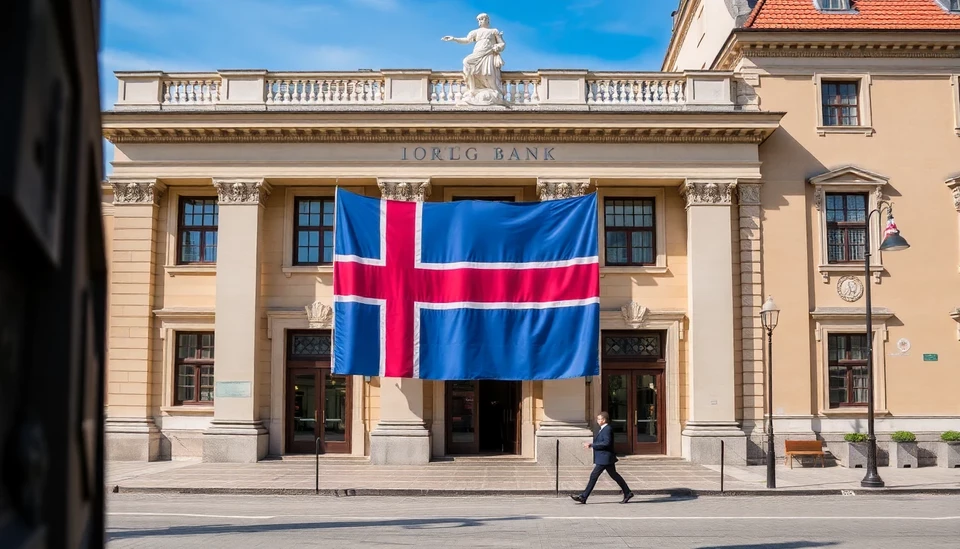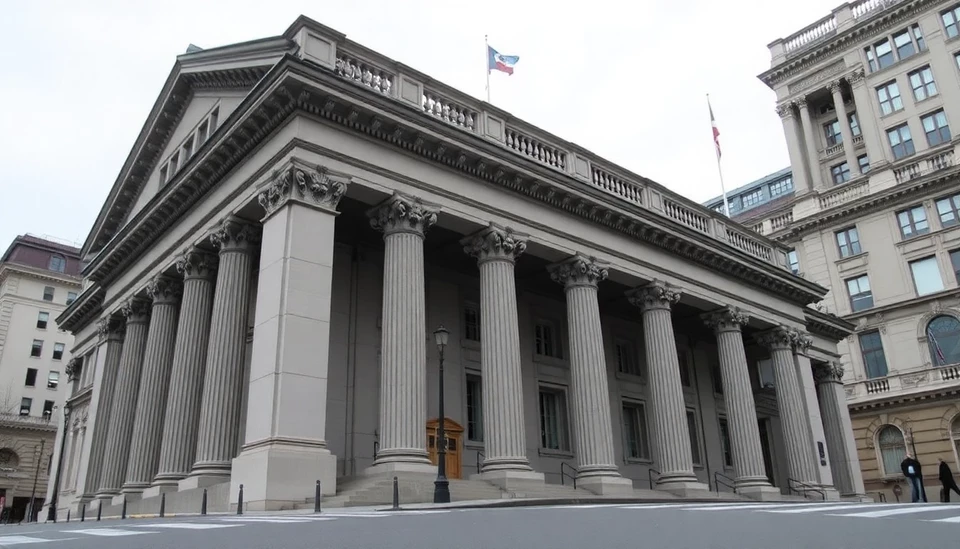
In a recent statement, Norges Bank indicated that its upcoming adjustments to foreign exchange reserves may not significantly impact the Norwegian krone's exchange rate. The central bank's remarks come amid a broader conversation regarding currency fluctuations and the factors that govern them.
As Norway's monetary authority prepares to recalibrate its foreign exchange reserves, market analysts are closely watching the potential implications for the krone. Historically, such maneuvers can influence currency values, primarily through the central bank's market interventions. However, Norges Bank's recent communication suggests a different approach, emphasizing that the modifications might be more strategic than operational in affecting the krone's valuation.
The adjustments to its foreign reserves are interpreted as part of Norges Bank's broader effort to enhance its financial stability and ability to respond to external economic shocks. The central bank is positioning itself to better manage its assets amidst fluctuating global markets, but it also notes that this does not inherently lead to volatility in the krone's value.
Norges Bank clarified that the forthcoming changes are not aimed at actively influencing the krone's exchange rate. Instead, they are a reflection of the evolving landscape of foreign currency reserves and the need for diversification to safeguard against currency risks. The central bank's strategy underscores a cautious approach to managing Norway’s monetary environment without engaging in currency market manipulation.
This revelation comes at a time when many economies are grappling with inflation and supply chain disruptions, which can create unpredictable movements in currency values. In this context, Norges Bank’s decisions may offer a stabilizing influence in the complicated environment of foreign exchange markets.
In recent months, the krone has shown some resilience against international trends, reflecting Norway's relatively stable economic fundamentals bolstered by its robust oil revenues. However, the prospect of changing currency dynamics continues to intrigue investors. Norges Bank's transparent announcement aims to bind market expectations while simultaneously keeping an open dialogue regarding the long-term outlook for the krone.
While some market participants expected a stronger association between forex reserve adjustments and the krone's value, the central bank's take reveals a broader understanding of current economic conditions—an indication that there are deeper factors at play determining currency strength besides direct interventions.
As Norges Bank continues to navigate challenges in a turbulent global economic landscape, its strategy emphasizes prudence over aggressive market actions. This approach may temper speculative behaviors in currency trading. By clarifying its stance, Norges Bank reinforces a commitment to maintaining a stable monetary environment, signaling to investors its intent not to provoke unnecessary volatility.
As the situation develops, stakeholders in both domestic and international financial markets will keenly observe how Norges Bank balances reserve management while fostering a stable exchange rate environment against the backdrop of uncertain global economic conditions.
In conclusion, while the adjustments to foreign exchange reserves hold significant importance for Norges Bank, they do not herald a shift that will drastically change the dynamics of the krone in the immediate future.
#NorgesBank #Krone #ForeignExchange #CurrencyManagement #MonetaryPolicy #NorwegianEconomy #FinancialStability #EconomicTrends
Author: Laura Mitchell




